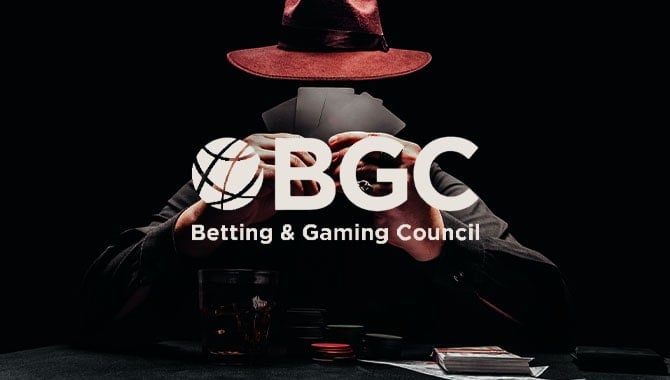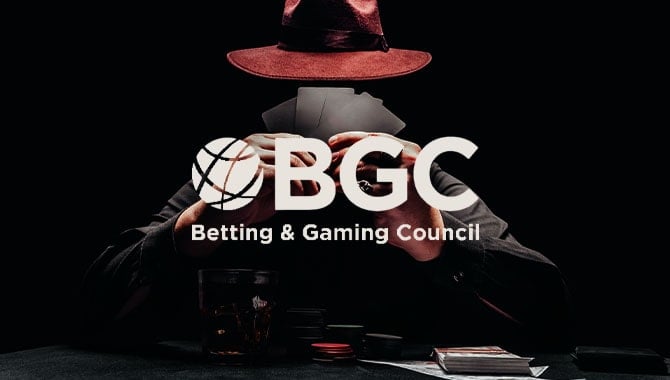
The report proposes increased operating costs for firms based in the Isle of Man or Gibraltar and reductions in taxes for companies that bring their operations to Britain.
“Gambling taxation should be redesigned around a system of incentives which reflect a company’s level of onshore presence,” said SMF in a statement. “This means that operators could still decide to base their headquarters in locations like Gibraltar, the Isle of Man or Alderney, but that decision would carry significant tax implications.”
The proposed amendments come ahead of a Government review of the 2005 Gambling Act, which ministers have openly deemed unsuitable in an era of online gaming.
However, the Betting & Gaming Council (BGC) said its members already conduct affordability checks in some cases and that tax measures must be proportionate and evidence-led to prevent jeopardising jobs or the upward of £3bn in tax revenues it generates for the Exchequer.
“We disagree with the suggestion of an arbitrary and random low cap on spending and can think of no other area of the economy where the government determines how much an individual can spend,” BGC said in a statement.
Additionally, SMF calls for an end to ‘white label’ agreements where foreign firms with little incentive to protect UK consumers can buy access to the British market via an existing gambling licence holder, citing reasons such as job creation and increased compliance with British gambling licence conditions, including the protection of vulnerable people and addicts.
The think-tank also proposes that the Department for Digital, Culture, Media and Sport should no longer have sole responsibility for gambling policy, instead being replaced by a new cross-government Gambling Quartet.
According to Dr James Noyes, primary report author and a leading authority on gambling policy, operators have for too long talked about the need to protect their customers, while failing to take the necessary steps to make affordability checks a reality.
“Our proposed threshold sets the bar low enough to protect everyone, including those on low income, but is high enough to reflect the vast majority of gambling activity among the general population. Gamblers should be free to spend more than this threshold, but only after they show that their gambling is neither unaffordable nor harmful.”
The government has pledged to review the law, with possible changes including a kitemarking scheme to promote good behaviour and additional regulators to beef up scrutiny and oversight of the sector, as well as a stake limit of between £1 and £5 on online slot machines.



